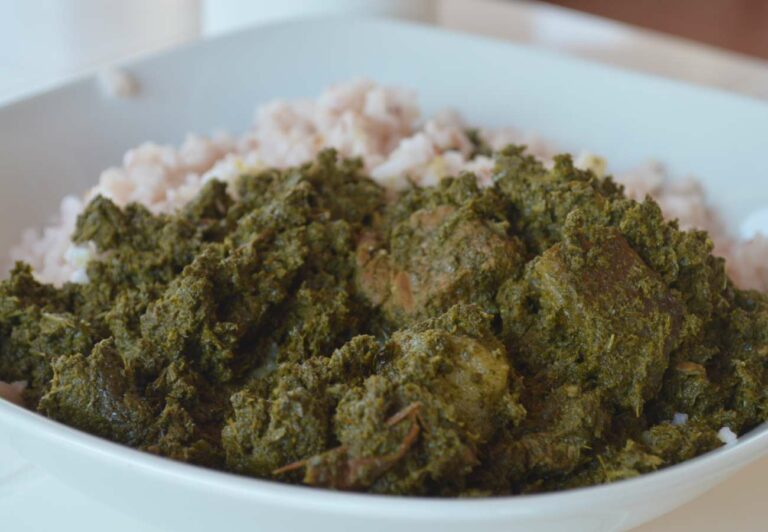Introduction: Gabonese cuisine and its origins
Gabonese cuisine is a reflection of the diverse cultural heritage of the country. The Gabonese people are known for their love of food and their ability to create unique flavors using locally available ingredients. Gabonese cuisine is known for its rich flavors, spices, and the use of vegetables, fish, and meat. Gabonese cuisine has its roots in the traditional dishes of the Bantu tribes, but it has been influenced by European, Asian, and neighboring African cuisines over the years.
Historical influences on Gabonese cuisine
Gabonese cuisine has been influenced by the country’s history of trade and colonization. Before the arrival of European colonizers, the Bantu tribes were the primary inhabitants of Gabon, and their traditional cuisine was based on the use of vegetables, fish, and meat. However, the arrival of the Portuguese in the 15th century brought new ingredients such as cassava, maize, and peanuts. The French colonizers who arrived later introduced bread and wine, which became staples in Gabonese cuisine.
Influence of neighboring countries’ cuisine
Gabon shares borders with Cameroon, Equatorial Guinea, and the Republic of Congo, and the region’s cuisines have influenced Gabonese cuisine. For instance, the Congolese introduced cassava and plantains, which are now an essential part of Gabonese cuisine. Cameroon has also influenced Gabonese cuisine by introducing spices such as ginger and garlic, which are commonly used in Gabonese dishes.
European culinary impact on Gabonese cuisine
The French colonizers who arrived in Gabon in the late 19th century brought their culinary traditions, which influenced Gabonese cuisine. French cuisine introduced bread, wine, cheese, and pastries, which are now common in Gabonese cuisine. The Gabonese have also adopted French cooking techniques such as sautéing, roasting, and baking.
Gabonese cuisine’s fusion with Asian flavors
Asian cuisine has also influenced Gabonese cuisine, particularly Chinese and Vietnamese cuisine. The Gabonese have adopted Asian cooking techniques such as stir-frying, which is now commonly used in Gabonese dishes. They also use Asian spices such as ginger, soy sauce, and sesame oil to add flavor to their dishes.
Conclusion: Gabonese cuisine as a blend of cultures
In conclusion, Gabonese cuisine is a reflection of the country’s cultural heritage and its history of trade and colonization. Gabonese cuisine has been influenced by neighboring African cuisines, European traditions, and Asian flavors. However, despite the diverse influences, Gabonese cuisine has managed to retain its unique identity and remains one of the most flavorful and delicious in Africa.

